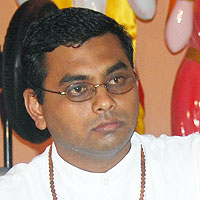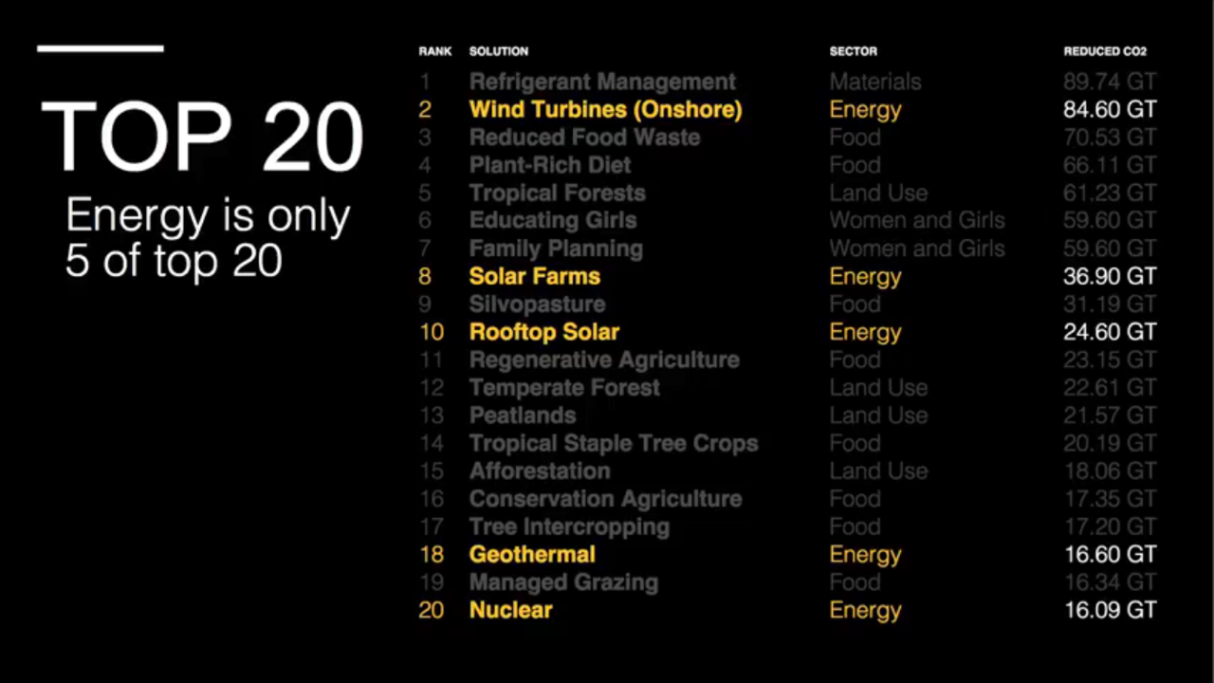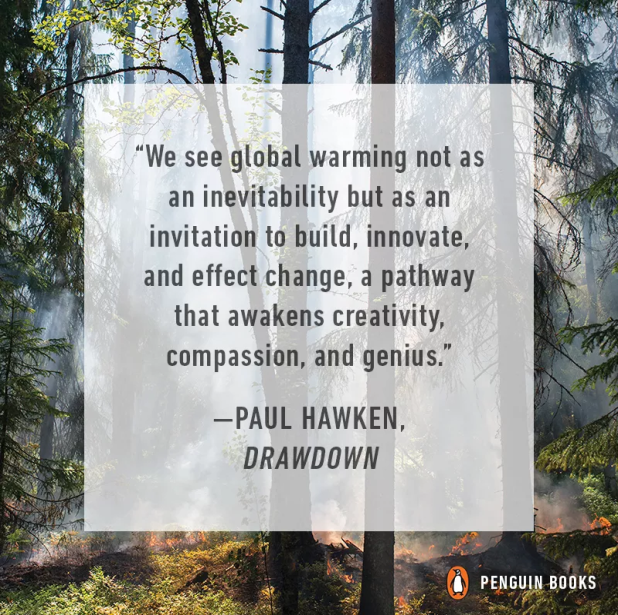We are at a pivotal moment in history, where scientists, world leaders and religious leaders are emphasizing the need for us as global citizens, to take action in whichever way, to ensure the protection of our planet for present and future generations. Our ancestors were the ones who reminded us of the sacredness and beauty of this earth, God’s creation, and the fact that we are not separate from it, but part of it. The oxygen given out by plants and trees are inhaled by us, the sun’s rayswhich we are blessed with each day, help strengthen our immune system, improve ourwellbeing and help plants grow producing food. And these are just to name a few. We live in a world where you see Profit being priority over People and Planet. Where greed and ego drive so called “economic growth” resulting in the destruction of precious ecosystems, the quality of air we breathe and the promotion of products and even food made with chemicals and other toxic ingredients.
For years, we may have been under the “spell” of modern living, but if we wake up, we will see a whole new reality; one which is based on truth. Our spiritual leaders taught us of the ‘Panch Mahaa Yagnas’ which we as Hindus should perform each day; one of which is the service to lower forms of life such as the animals, plants and trees i.e. nature. While as individuals or families we religiously do this, I strongly believe that now more than ever, we as Hindus need to share this beautiful practice with the wider community and start leading in the environmental movements inspiring others to join in, or even create their own movement. Small acts performed with a sense of duty, devotion and discipline can create ripples of positive change in the world.
With that said, we simple ask that we make the protection of nature a more integral part of our daily lives, starting with education. “Education for Liberation”, the watch words of the SWAHA Hindu College, say this so well. Hindus have so much more to give to the world, and it’s our chance to do so in a bigger way. We are living in very exciting times where we have the opportunity to not just envision the future for ourselves, families and our world, but to create it. The Power lies in the hands of the People and not entirely in those of the Politicians. And we as SWAHA know this very well.
We would like to end by sharing an important research document done by a group of scientists and researchers. It is called PROJECT DRAWDOWN and it shares the one hundred (100) most substantiative, already existing solutions to address global warming. Things we as a people can do to prevent further climate disruption, and in turn help resolve other globally linked issues that currently exist.
If you look carefully at the chart, you will see that ‘Reduced food waste’, ‘Adopting a plant-rich diet’ and ‘Educating girls’ are in fact higher on the list as compared with projects like solar farms and rooftop solar. In order to reverse global warming, all of the items listed need to be addressed; no one item is less important than the other. If you do any of these three (3) mentioned, or all of them, you are in fact helping to reduce carbon emissions. Now let’s take it up a notch.
As a proud Hindu, long standing member of SWAHA and an advocate for environmental protection, we need to ask ourselves a very important question; “What are we going to do differently tomorrow to ensure a brighter future for all?”
Lydia Singh
BSc. Eng., PMP, LFA
Living Building Challenge Ambassador





Nesha
Fully support the call for action. I think there are measures which can be easily adopted in the short term for example:
1. Create awareness and educating the citizenry on the short and long term effects of climate change;
2. Partnering with other organizations in order to educate persons across the nation on the harmful effects of climate change;
3. Mandatory Recycling bins in our homes, communities, malls, our aiports, public and private offices, beaches, which separates paper, glass, plastic and cans, general waste;
4. Obtaining statistical data on the number of girls who remain uneducated, and work towards ensuring every child has access to Education. As the article rightly points out, the UN has reported that there is a link between girl’s education and climate change.
5. Partnering with Caricom and other members of the Paris Accord in continuing research into measures which as global citizens we can imploment. Recently French Prime Minister Emmanuel Macron extended an open invitation for researchers to come to to France to work on policy development to combat climate change.
6. Supporting the EPA and establishing research centers here will also go along way in creating sustainable jobs in areas that are in need of development. The traditional fields of studies are becoming over saturated and we need to diversify the type of University programmes being offered so that people can get jobs in these areas.
7. Instead of focusing on mass incacerations, if the courts can make greater use of alternative forms of punishment, those convicted of petty offences can be used to assist in the clean up of community, rivers and beaches.
There is a lot more to that can be done, these are just some measures which are easily achievable in the the short term. Many thanks yo Swaha for bringing awareness to this issue.